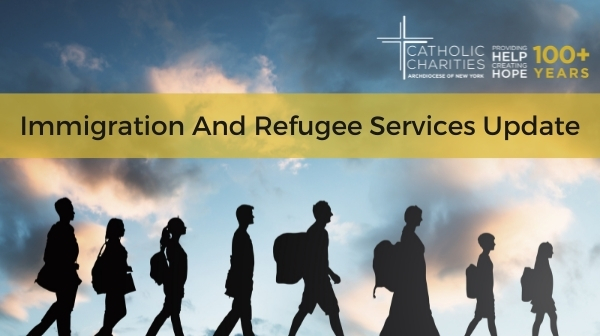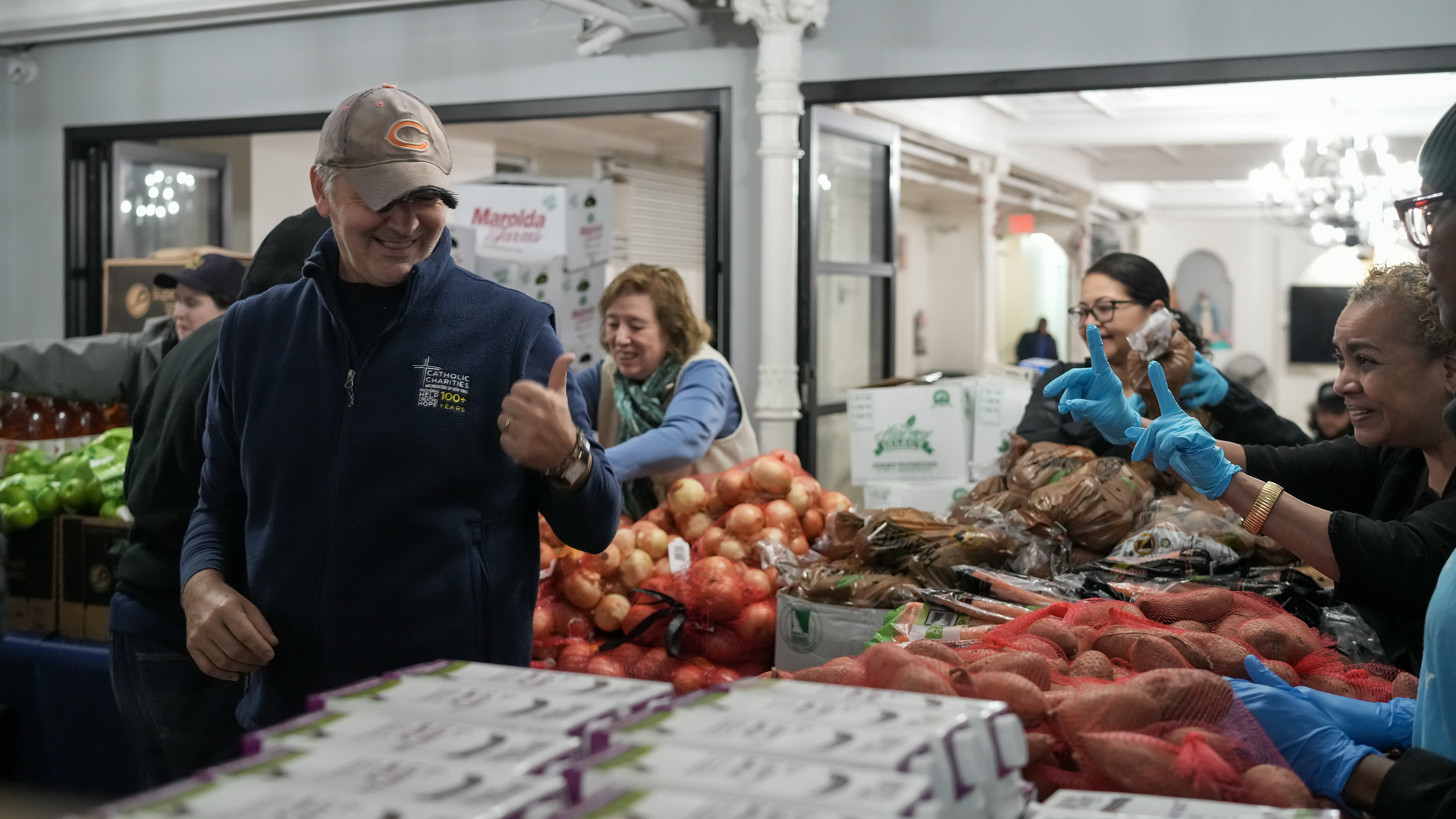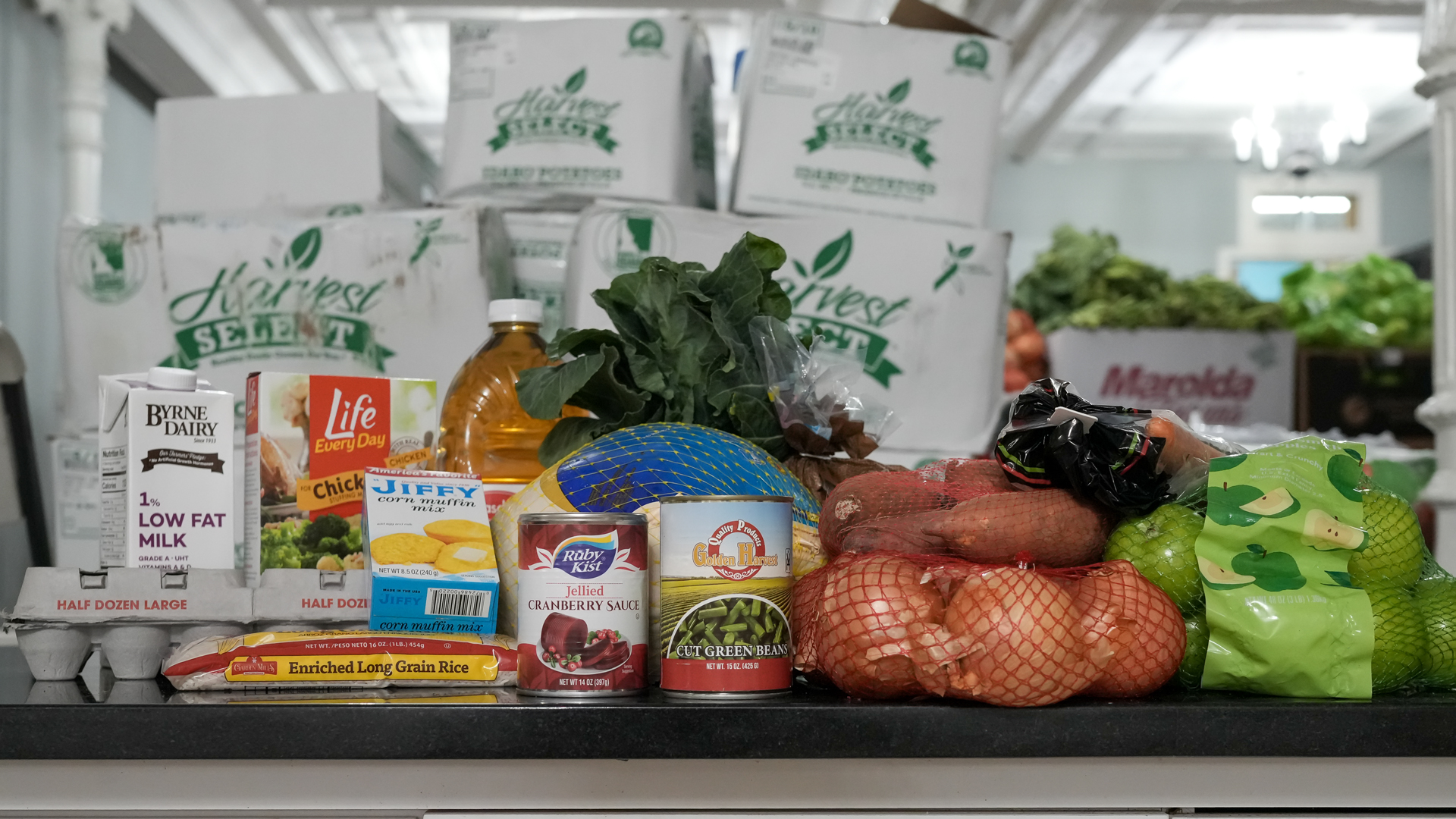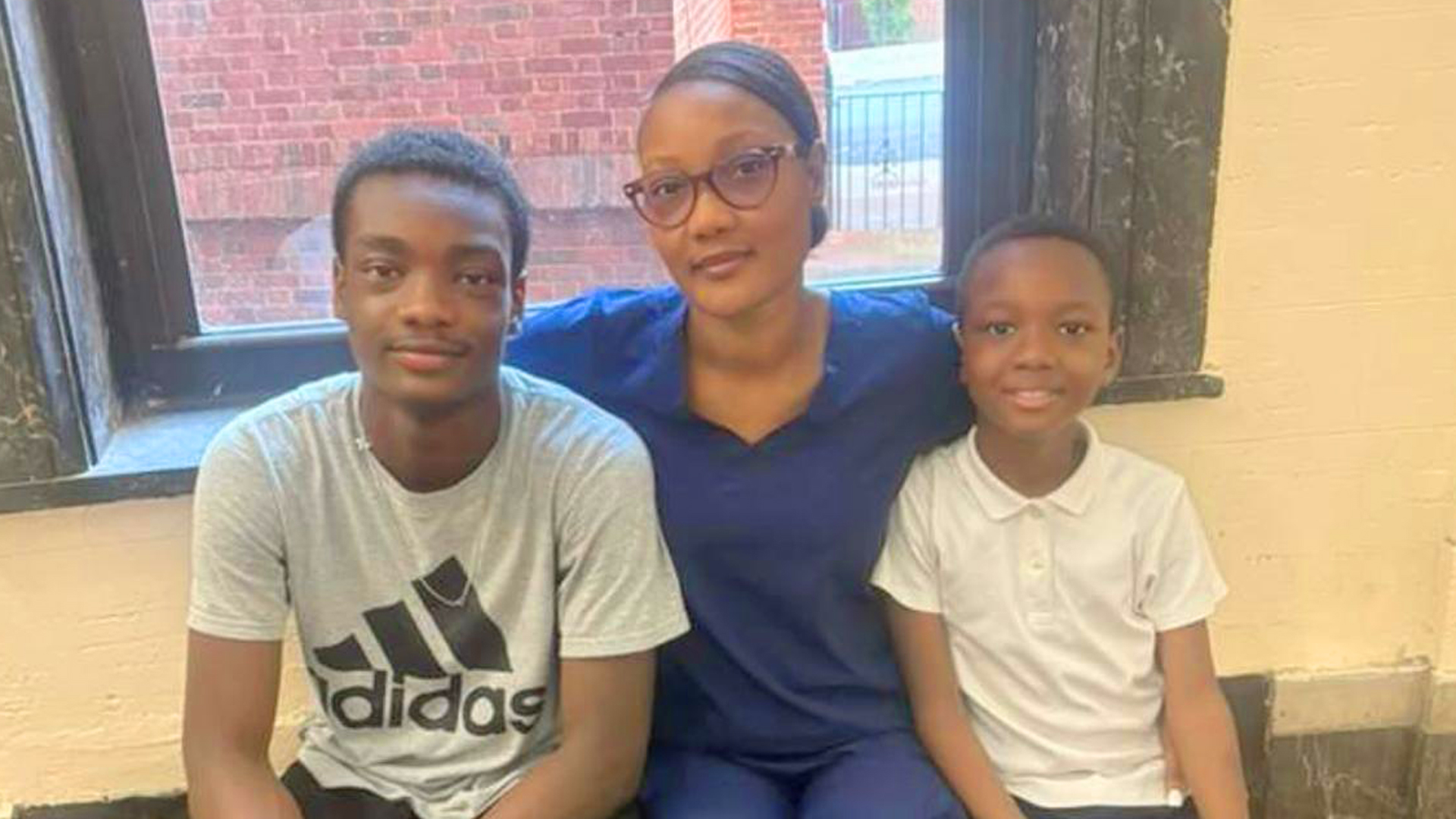Pandemic Relief for All: Including America’s Newcomers
Beginning in March 2020, the pandemic hit New York hard. Hospital emergency rooms quickly filled, and we read the news about rocketing death rates and even backlogs in burials. Even more painful, it became eminently clear that immigrants and people of color were disproportionately among those falling sick and dying. While the unemployment rate shot up to 16%, with a percentage known to be higher for immigrants and people of color, our nation also encouraged and celebrated “essential workers,” the brave women and men who placed themselves in harm’s way to keep important and critical sectors of our economy and services running for the rest of us. Many of those essential workers were undocumented.
Congress responded, passing the $2.2 trillion package called the Coronavirus Aid, Relief, and Economic Security (CARES) Act, in late March 2020 and, later in December 2020, the Bipartisan-Bicameral Omnibus COVID Relief Deal. While the CARES Act and COVID Relief Deal made available much-needed relief for people across the country, they both neglected some of our most vulnerable and marginalized communities, including undocumented immigrants. The bottom line: newcomers and longstanding workers and families without documentation would be excluded wholesale from the two key sources for survival during the pandemic, unemployment insurance and stimulus checks.
So, committing a total sum of $2.1 billion in April 2021, New York State became one of the first states in the nation to provide undocumented immigrants with long awaited assistance. As proposed, this financial aid should approach what others have received over the course of the past year. In unemployment insurance alone, an estimated 92,000 people who were otherwise disqualified will now receive benefits under a first tier; likewise, undocumented workers who were ineligible for higher levels of compensation will also receive second tier assistance, which will be similar to the amount most Americans received in stimulus checks, further benefitting an additional 199,000 people.
With an expected target of early fall 2021 for the program’s start, creating a smooth and accessible application process will be essential. As proposed now, those seeking assistance will have to provide various documents for identification and will need to show proof of lost income and proof of residency. For many immigrant families and workers who have been struck by illness and economic hardship, or who have lost employment, housing, and stability, these requirements, already, will prove to be difficult to meet. Many have reported documents and certifications being lost or never obtained in the first place, others have indicated their employment was gig-based, and still others have raised the concern of employers reluctant to provide letters of employment in fear of facing scrutiny for hiring undocumented workers. Further challenging the process and impeding completion of the program as anticipated by March 2022, processing times for Individual Taxpayer Identification Numbers, one critical application requirement for basic benefits, have tripled. Many organizations are advocating to include other documentation that may be easier to obtain, and those conversations are ongoing.
For these reasons, and more likely to be identified, it is critical that resources and support, as well as effective outreach and communication, be provided to make the process safe and easy to navigate. Catholic Charities, in partnership with many agencies throughout the state, will be working on behalf of immigrants to ensure the simplest and most clear process and to provide much needed education, guidance, and assistance in the coming months.
Mario Russell Esq.
Director of Immigrant and Refugee Services













